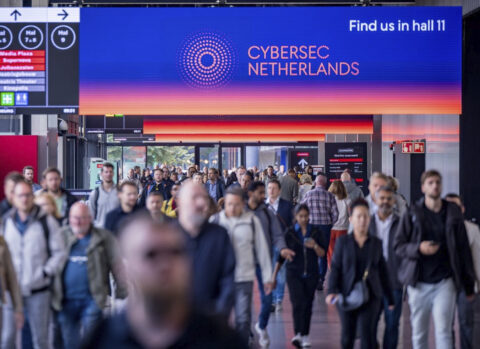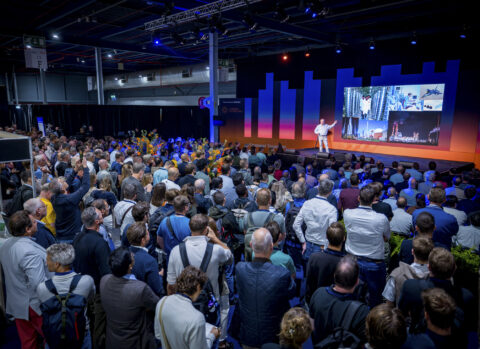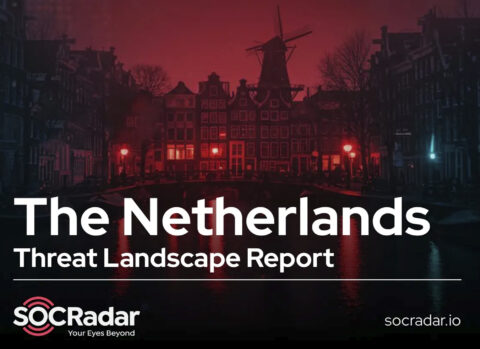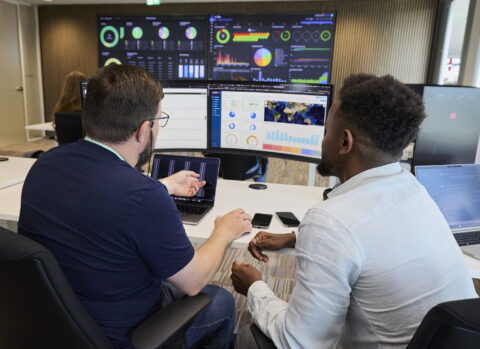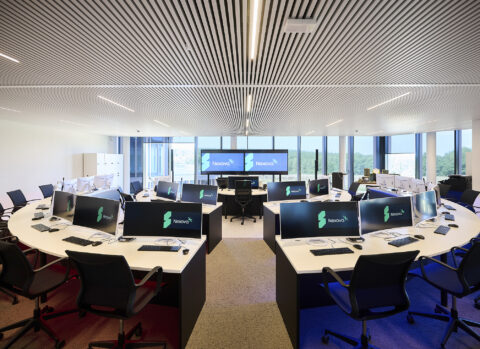Adapting to new cyber threats without losing sight of the basics
The real threats are not always what you’d expect
Nowadays, the most pressing threats aren’t necessarily the highly sophisticated attacks we usually see in the media. Rather, they come from slip-us in basic security hygiene. Issues like unpatched systems, reused or weak passwords, and social engineering tactics continue to be the entry points for attackers. Surprisingly, even with increased awareness, these fundamental vulnerabilities remain present.
Artificial Intelligence is another influential factor, but not always in the way people expect. While AI is often viewed as a potential game-changer in defense strategies, it’s having a far greater impact in the hands of cybercriminals.
Importantly, this shouldn’t be about blaming users or labeling them the weakest link. Cybersecurity failures often result from human error, but that’s exactly why systems should be designed with human nature in mind. No individual can be one hundred percent certain they will never fall for the more sophisticated attacks. Therefore, I believe it is essential to equip both people and companies with the right tools and frameworks to protect themselves against threats, and, in turn, the organizations they represent.
Current trends shaping the future of cybersecurity
It’s no surprise that everyone points to AI as the defining trend in cybersecurity right now. What stands out, though, is how quickly malicious parties are adopting it. While AI certainly holds promise for defense, we must recognize how it’s enabling attackers to move faster and strike harder.
Phishing, for example, has gotten to an entirely new level. We’re seeing AI-generated messages that mimic voices and writing styles of trusted individuals, making scams much harder to detect. This evolution shows that traditional awareness training, while still important, is no longer enough on its own. We need more adaptive strategies, ones that go beyond training to deliver real-time protection.
Rethinking device security
At XFA, we believe that in the future, the only difference between devices used for work will be preference and who paid for them, not how they are secured.
Using XFA’s pragmatic and privacy-preserving technology, organizations can verify the security posture of every device employees use to get work done. That includes more than 40% of devices that are currently unknown or overlooked in traditional setups. This approach strengthens security without compromising privacy or productivity, helping teams focus on what actually matters.
The importance of community and collaboration
Selling cybersecurity solutions has always been about trust—trust in the technology, the teams behind it, and the impact it will have on a company’s security posture. Even for established players, meeting face-to-face remains a vital part of building and maintaining that trust.
That’s why events like Cybersec Netherlands are so important. They offer a rare chance to meet multiple vendors at once, learn where the industry is heading, and stay current in a landscape that moves incredibly fast. The ability to bundle knowledge-sharing, product discovery, and peer networking in one place is invaluable.
Equally important is the opportunity to collaborate. Cybersecurity should be less about competition and more about collective resilience. Cybersec Netherlands provides a space where meaningful partnerships can begin, focused on making all our organizations more secure and more prepared for what’s next.
Register for free for Cybersec Netherlands 2025
As cyber attacks continue to threaten today’s tech landscape, this event is the premier platform for seasoned cyber security professionals and innovative start-ups to exchange knowledge and tackle cybersecurity challenges together. Organizations across all sectors will discover strategies to boost cyber resilience and safeguard critical assets. Don’t miss this chance to strengthen your cyber defenses.
Simultaneously with Cybersec Netherlands, the Data Expo takes place in Hall 12—the perfect spot for additional knowledge, insights, and inspiration in the field of data.


